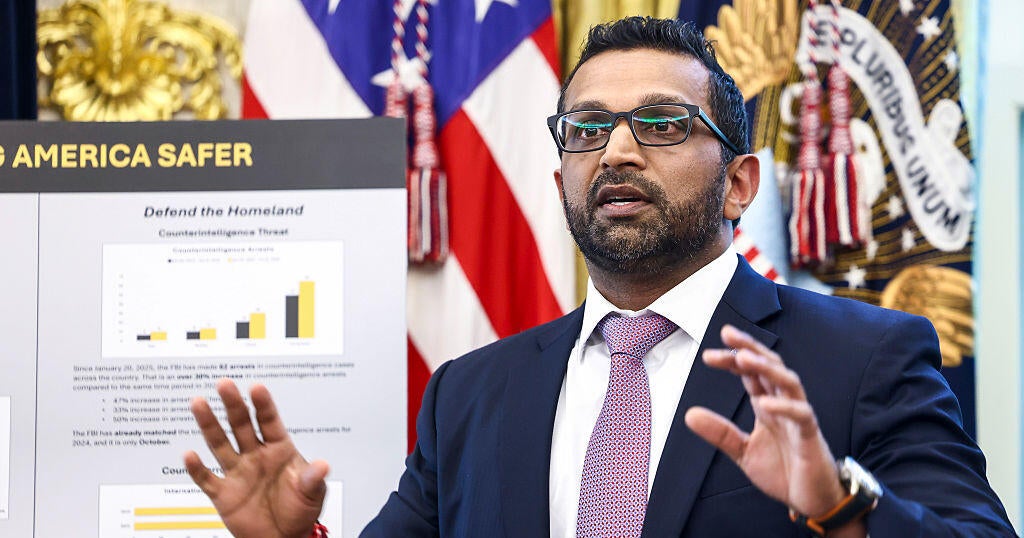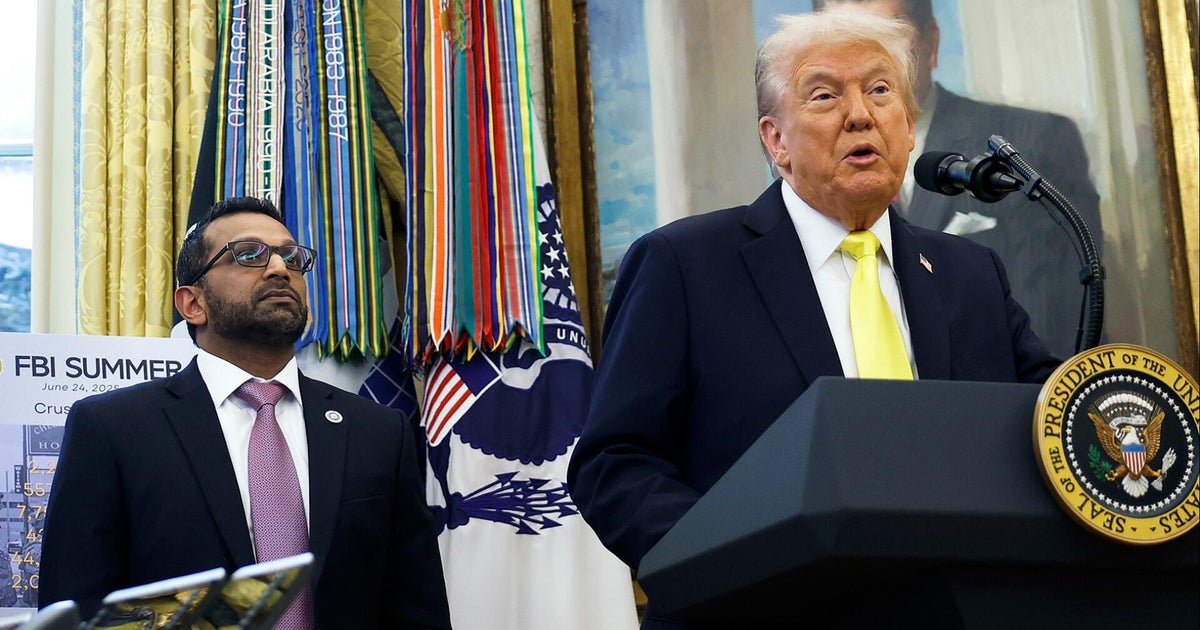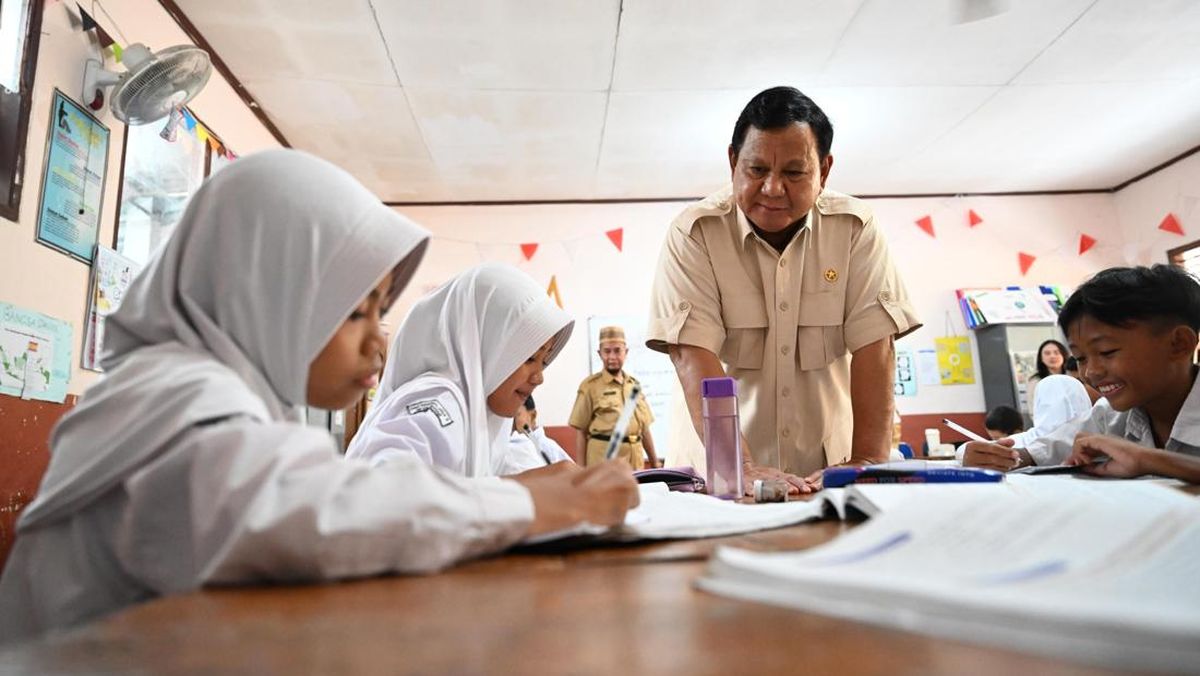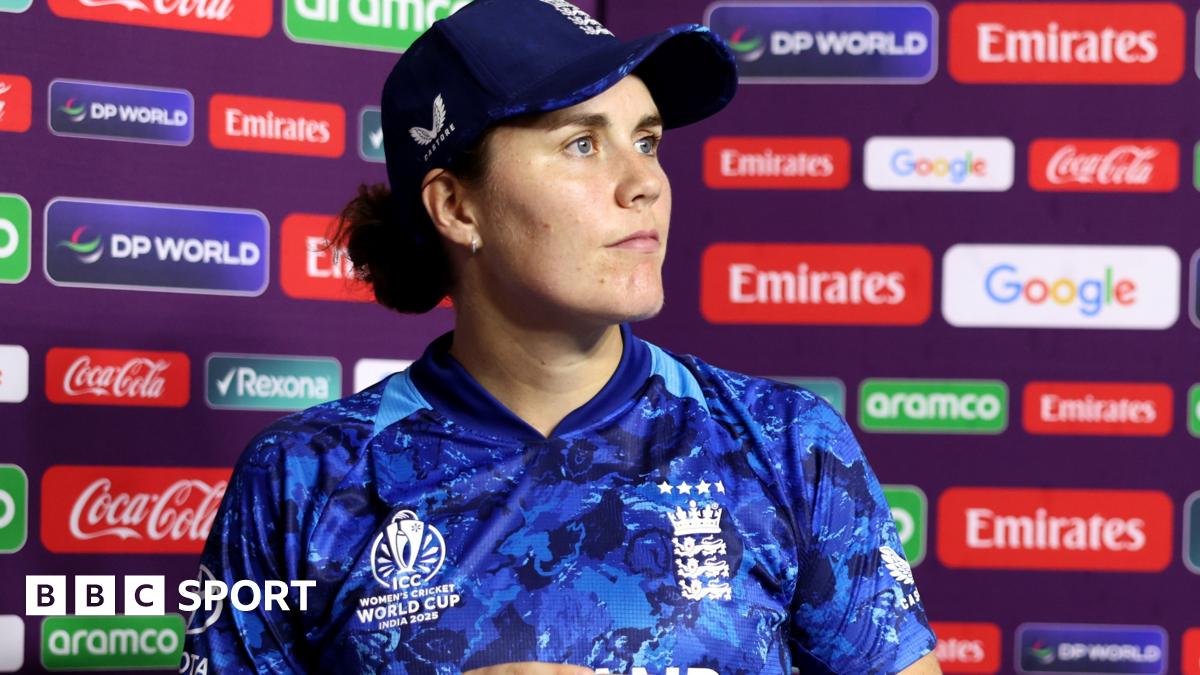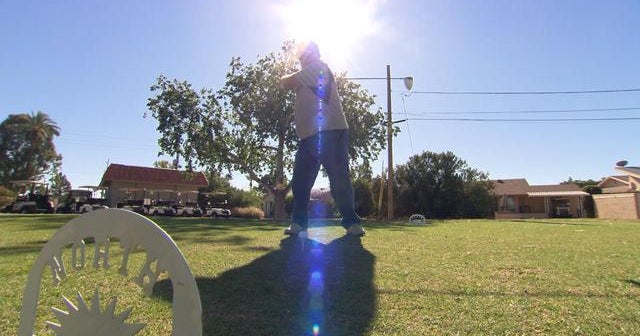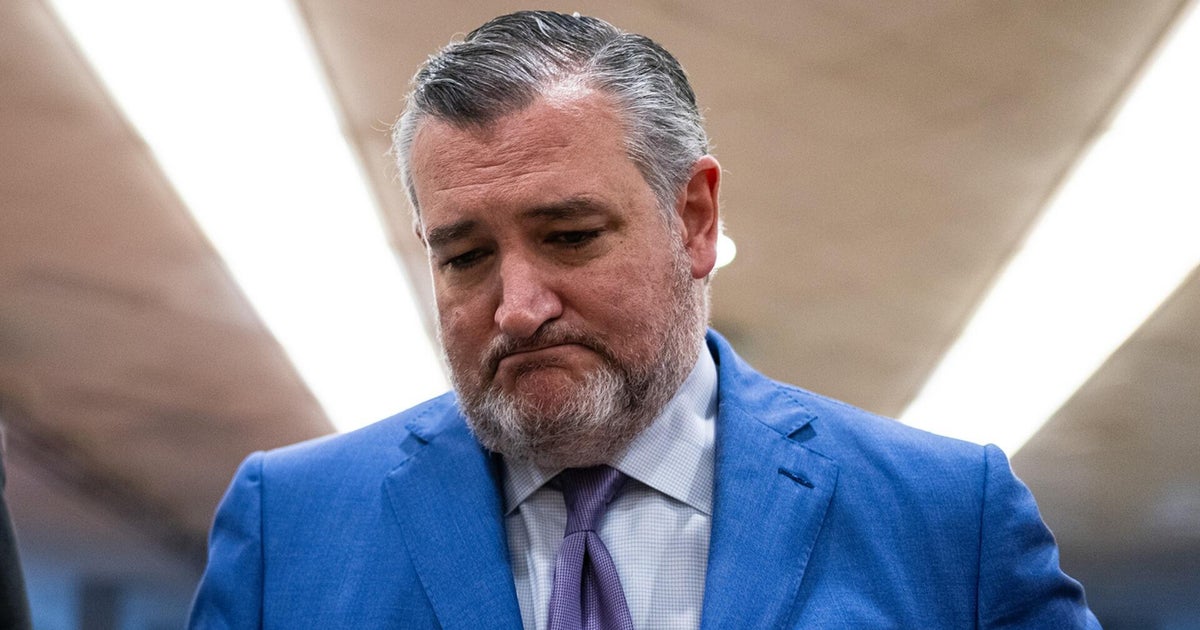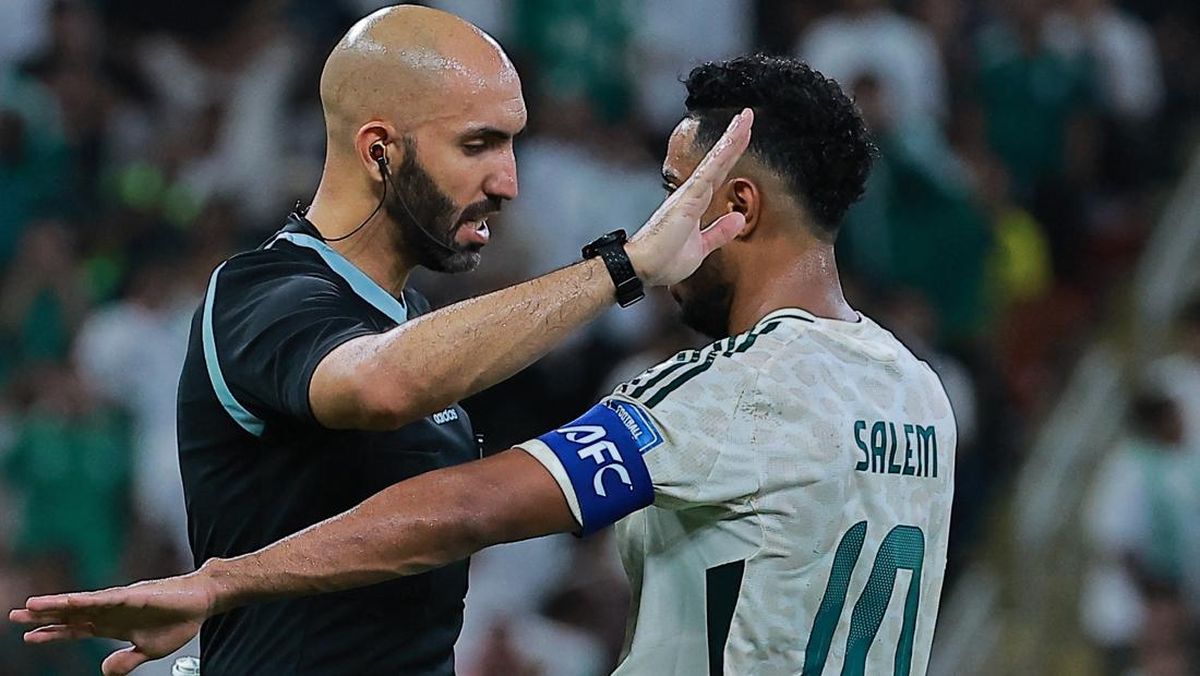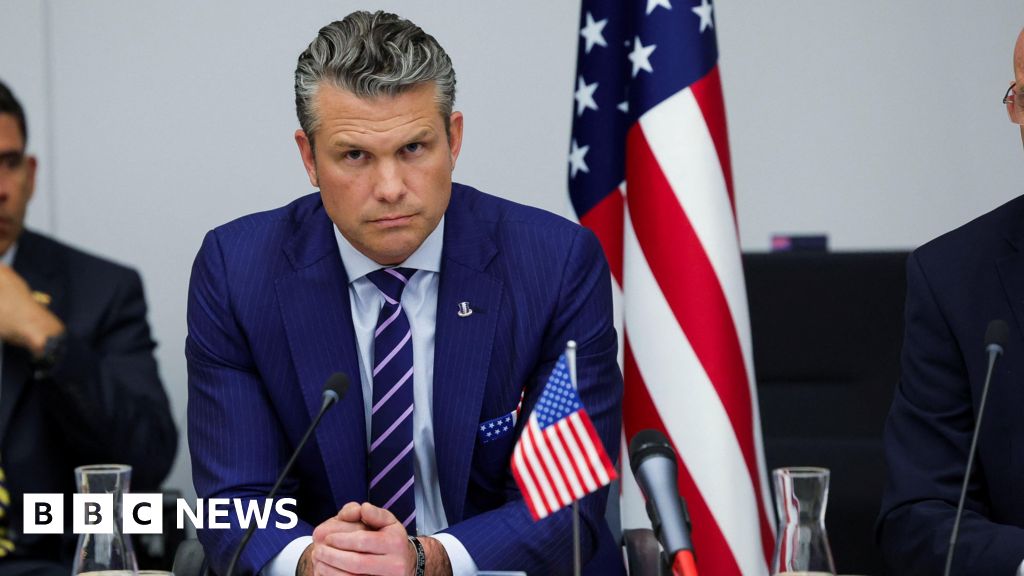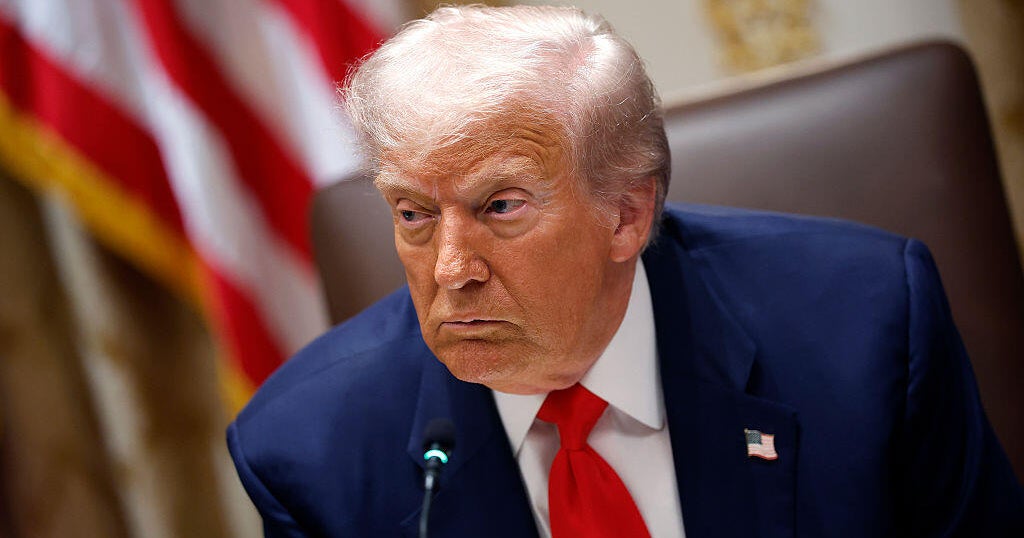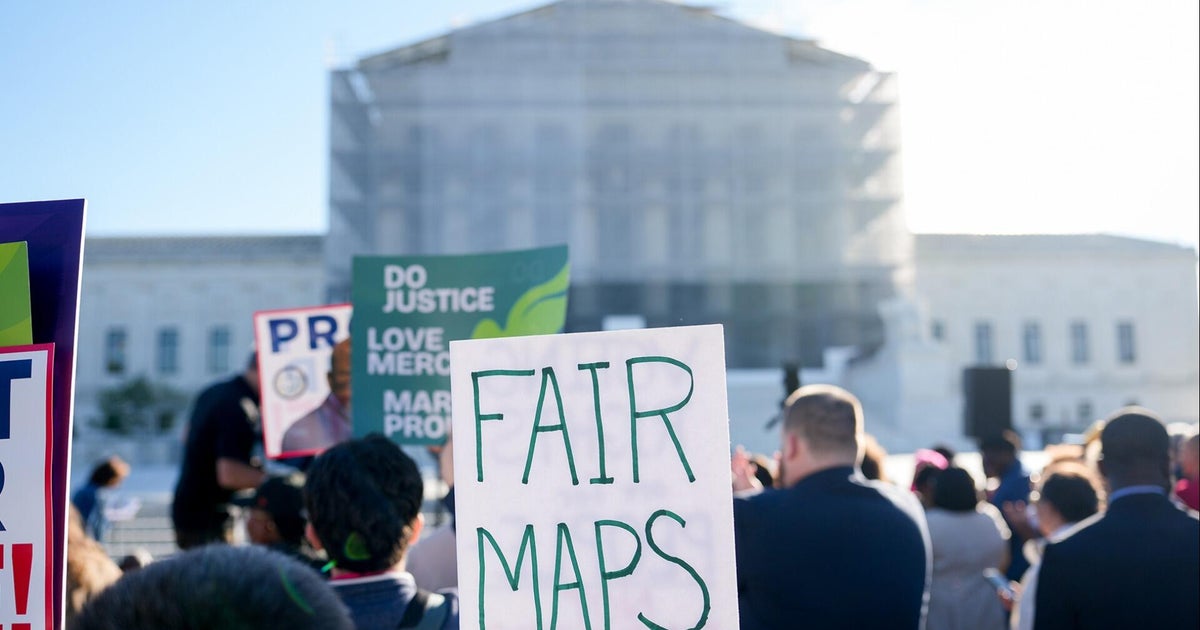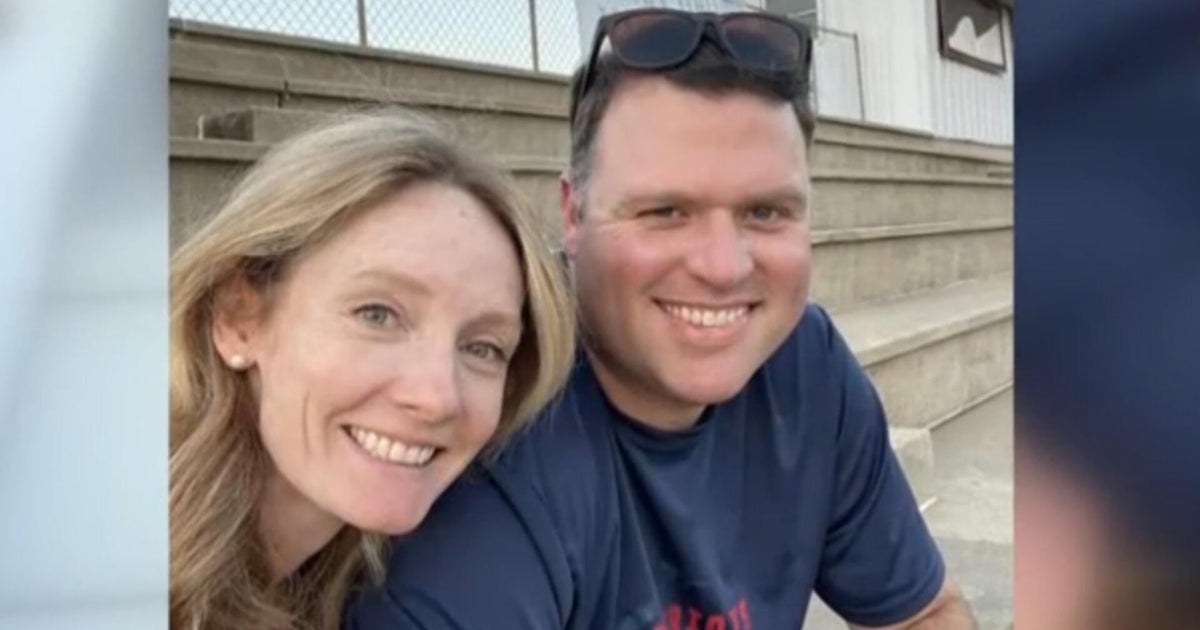Australia’s partnership with the US in the Indo-Pacific, where China and the US are battling for influence, has helped turn the US-Australia defence relationship into the closest in the world, Deputy Prime Minister Richard Marles has declared ahead of the prime minister’s White House visit.
Despite months of turmoil sparked by US President Donald Trump’s tariffs and a Pentagon probe into the AUKUS nuclear submarine deal, Marles predicted a warm meeting between Albanese and Trump next Monday, pushing back on fears of an Oval Office blow-up such as the one Ukrainian leader Volodymyr Zelensky faced this year.

Prime Minister Anthony Albanese and Deputy Prime Minister Richard Marles during question time last week.Credit: Alex Ellinghausen
Marles, in an interview with this masthead in his parliamentary office, opened up on his August talks with top Trump lieutenants JD Vance, Marco Rubio and Pete Hegseth. The group shared “only positive words” on AUKUS, Marles revealed, and a focus on Australia’s role in the Indo-Pacific.
The opposition has criticised Albanese for taking until October to meet Trump for bilateral talks despite the president being inaugurated in January, but Marles defended the delay, saying it was down to “happenstance” and Australia’s May election.
The prime minister has taken heavy reading material with him on his week-long Pacific holiday this week as he prepares for one of his most important foreign trips to date, with AUKUS, critical minerals, tariff exemptions and the US-China contest on the agenda.
Loading
“I’ve obviously not met president Trump, but everything I hear is that he’s very favourably disposed towards Australia,” Marles said.
“I feel [the Trump-Albanese meeting] will be positive.
“Britain is obviously a bigger defence force and population in terms of who they deal with, but I don’t think there’s any country that the US is closer to than Australia in terms of how we engage; on the level of trust that is there.”
Government ministers are keeping quiet about a much-discussed deal on critical minerals that this masthead reported last month. Albanese, Trade Minister Don Farrell and US ambassador Kevin Rudd were scrambling to lock the deal in before the Trump sit-down.
Despite hopes to the contrary, the government is not banking on learning the outcome of the Pentagon’s AUKUS review before Albanese touches down in the US next week.

Richard Marles met with US Vice President JD Vance and Secretary of War Pete Hegseth (right) in Washington in August.Credit: X
Opposition Leader Sussan Ley said the Washington talks were a moment for “team Australia” but put the heat on Albanese to deliver and “not roll over”.
“This meeting should have occurred sooner, and we need it to be successful,” she said.
“This meeting occurs at a pivotal moment for our alliance, and we hope the prime minister successfully secures the assurances we need on AUKUS, trade, international partnerships and national security.”
In his most expansive comments on his meeting with Vance, Marles said his August dash to Washington was designed to build rapport with the vice president, who has emerged as a key shaper of the Trump administration’s foreign policy.
Labor has softened its language on China to unwind Chinese trade strikes on Australia and stabilise the relationship. At the same time, the government has ploughed on with the AUKUS pact designed to maintain the balance of power in the Indo-Pacific where China is asserting dominance.
Trump has reignited tension with President Xi Jinping in the past week after China proved its intent to use its stranglehold on critical minerals against its competitors by blocking supply to the US.
The Lowy Institute’s Sam Roggeveen, who wrote a book questioning the US’s commitment to countering China, said Marles was right to say Australia’s involvement with the US was the closest it has ever been, but whether that was a good thing was “a question of perspective and interpretation”.
Trump, Roggeveen said, had not given clear hints about how he would respond to a Chinese invasion of Taiwan.
“We have to be sceptical of any sense that the US under his leadership is committed to Asia-Pacific in the way Marles seems to be implying given his treatment of allies and his historic scepticism toward alliances,” Roggeveen said.
Loading
Marles said Australia’s abundance of rare earths, which this masthead revealed on Sunday would be supported by price floors and loans, was turning into a “big deal” for Australia’s geopolitical standing.
“It’s an important relationship for me to have and for the government to have,” Marles said of Vance, adding that he had invited Vance to Australia.
“He sees us as being like-minded democracies, shared values, language … and very strategically aligned. There is an understanding and a focus, which is good from our point of view, on the Indo-Pacific, that I’ve experienced in my conversations with him, but also with Pete [Hegseth] and with others.
“They’re all very focused in a good way on the Indo-Pacific, so we should take encouragement from that.”
The AUKUS pact signed by former leaders Scott Morrison, Joe Biden and Boris Johnson has been under a cloud since powerful Pentagon official Elbridge Colby, who has expressed reservations about giving Australia scarce nuclear-powered boats, put it under the microscope this year.
Defence Industry Minister Pat Conroy is already in the US to talk to officials and defence firms about AUKUS. The government is confident the review will not recommend major changes to AUKUS and, if it does, that Hegseth, Rubio and Vance will not allow the Pentagon’s department-level probe to shift White House policy.
“I don’t want to overstate things here, but I mean, JD is on the public record being very supportive of AUKUS, and that was something that I thanked him for,” Marles said.
Many in the left flank of Labor’s rank-and-file oppose AUKUS and regard Marles, who has been heavily criticised by former prime minister Paul Keating, as too close to the US. Marles is a leading member of the party right-wing faction in the cabinet who emphasises the importance of the US alliance.
Cut through the noise of federal politics with news, views and expert analysis. Subscribers can sign up to our weekly Inside Politics newsletter.
Most Viewed in Politics
Loading

